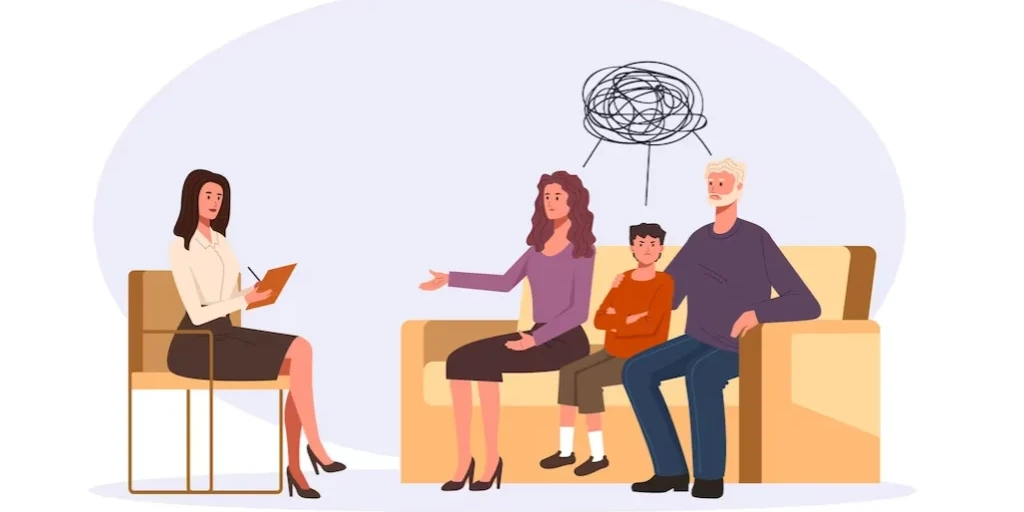24/7 Helpline:
(866) 899-221924/7 Helpline:
(866) 899-2219
Learn more about Ativan Detox centers in Paradise
Ativan Detox in Other Cities

Other Insurance Options

Health Choice

Optum

BHS | Behavioral Health Systems

Humana

Medical Mutual of Ohio

Premera

Excellus

Kaiser Permanente

BlueCross

Magellan Health

Group Health Incorporated

CareSource

AllWell

Ambetter

Covered California

MHNNet Behavioral Health

Multiplan

United Health Care

Absolute Total Care

Horizon Healthcare Service

























































































































































































































































































